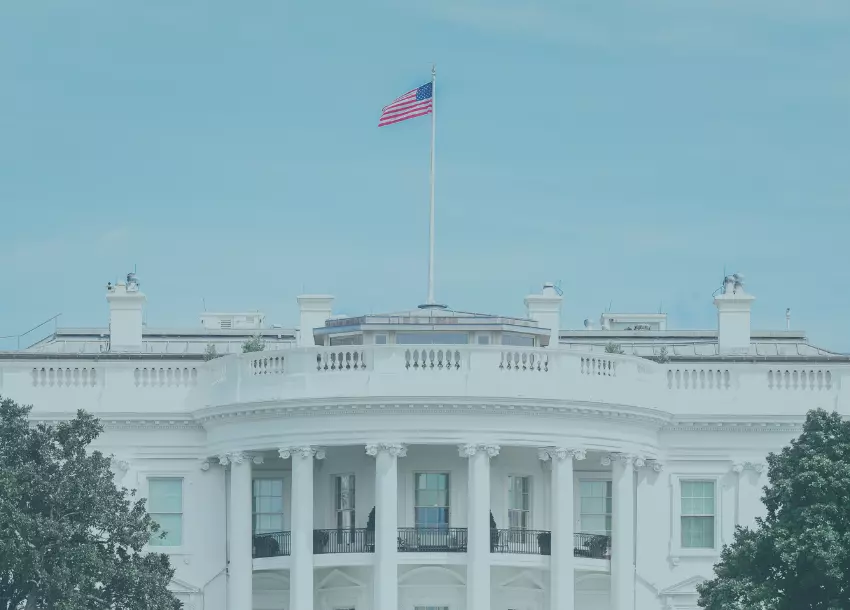NLRB Seeks To Reinforce Employee Choice Through Regulatory Changes
One of the primary responsibilities of the National Labor Relations Board (NLRB) is conducting secret ballot elections in the workplace about the choice to be union-free or not. Over the years, however, the right to a secret ballot election has been diluted at times due to NLRB regulations or decisions.
This month, the NLRB announced proposed regulations whose goal is to “better protect employees’ statutory right of free choice on questions concerning [union] representation.” Under the proposal, the NLRB would amend the current rules and regulations regarding whether a union becomes the exclusive collective bargaining representative for a group of employees in certain circumstances.
The proposed changes focus on three unique situations:
1. Elections While ULP Charges Are Pending
Currently, a union can block a representation election by filing an unfair labor practice (ULP) charge. Under the existing rule, a ULP can indefinitely prevent the right of employees to cast their ballots, for or against unionization, while the ULP charges are pending. For strategic reasons, unions sometimes use blocking charges instead of proceeding to a vote. In the proposed regulations, ULP charges would no longer block a scheduled secret ballot election from being held. Rather, employees would vote, but the NLRB would wait to count the ballots until after the ULP charges were resolved.
2. Voluntary Recognition Bar
Another way a workplace can become unionized is through an employer’s voluntary recognition based upon a union’s showing of majority support. Currently, voluntary recognition remains in place for a period of time, even if the union loses the support of a majority of the employees. That presumption is sometimes referred to as a “voluntary recognition bar.” Under the proposed regulations, however, there could be no voluntary recognition election bar unless the employees received adequate notice of the recognition and their option to file a petition seeking a secret ballot election within 45 days of the notice.
3. Pre-Hire Unionization on Construction Projects
For many years, the National Labor Relations Act has permitted a union and employer to sign an agreement unionizing a construction project without employees voting for or against unionization. NLRB decisions interpreting this unique statutory right have varied, sometimes making it harder or easier to challenge the pre-hire unionization agreement. Under the proposed rule, however, the NLRB would strengthen the proof required to establish the validity of a pre-hire agreement that would otherwise block a secret ballot election.
When announcing these proposed changes, the NLRB chairman stated in part: “[T]here are few more important responsibilities entrusted to the NLRB than protecting the freedom of employees to choose, or refrain from choosing, a labor organization to represent them, including by ensuring fair and timely Board-conducted secret ballot elections.” The majority of the NLRB believes that these proposed changes will reinforce the right of employees to choose or reject unionization. For now, however, the changes remain proposals and subject to public comment for several months until they become finalized and official.
Our Insights are published as a service to clients and friends. They are intended to be informational and do not constitute legal advice regarding any specific situation.
About Maynard Nexsen
Maynard Nexsen is a full-service law firm of 600+ attorneys in 31 locations from coast to coast across the United States. Maynard Nexsen formed in 2023 when two successful, client-centered firms combined to form a powerful national team. Maynard Nexsen’s list of clients spans a wide range of industry sectors and includes both public and private companies.
Related Capabilities







